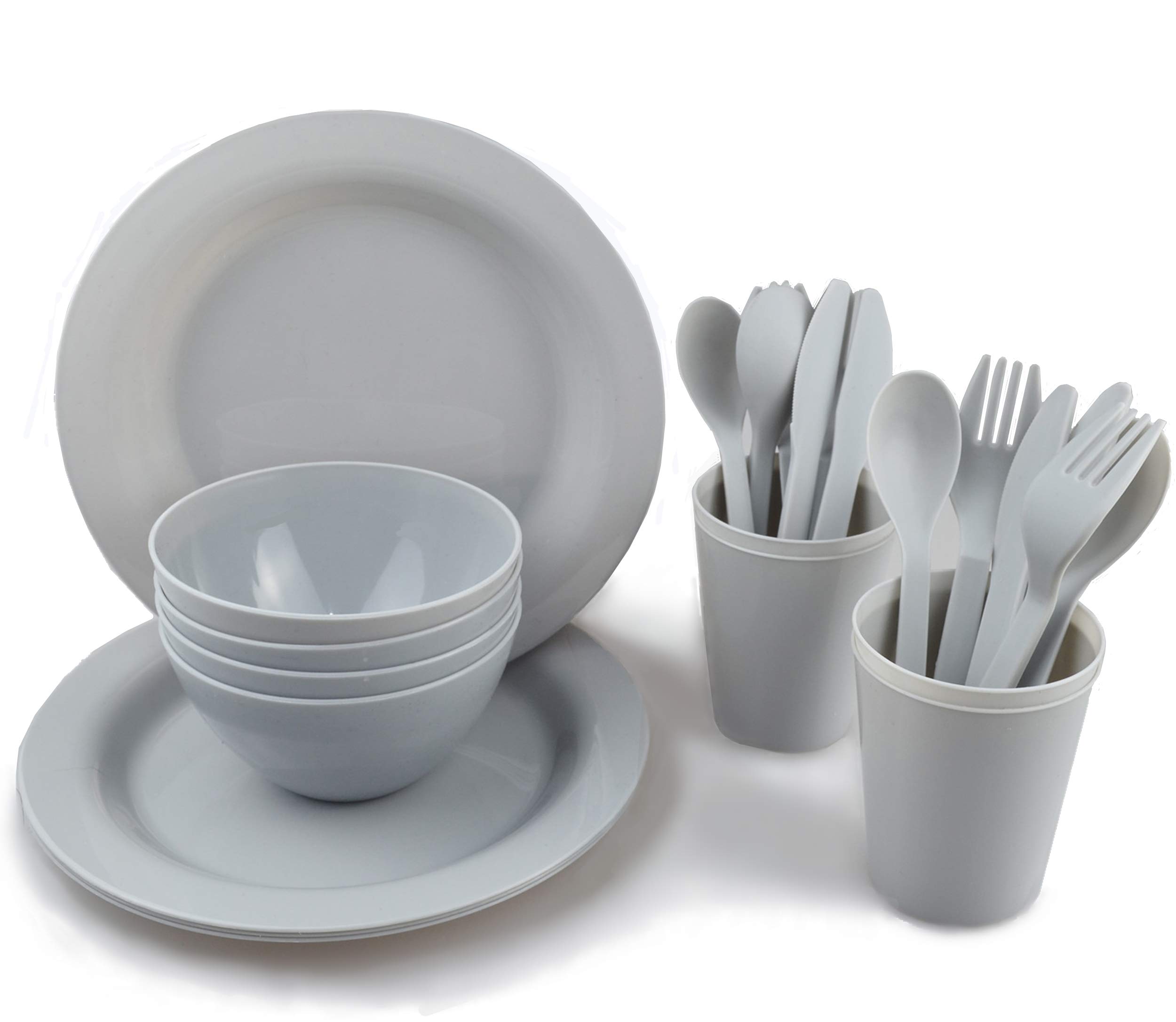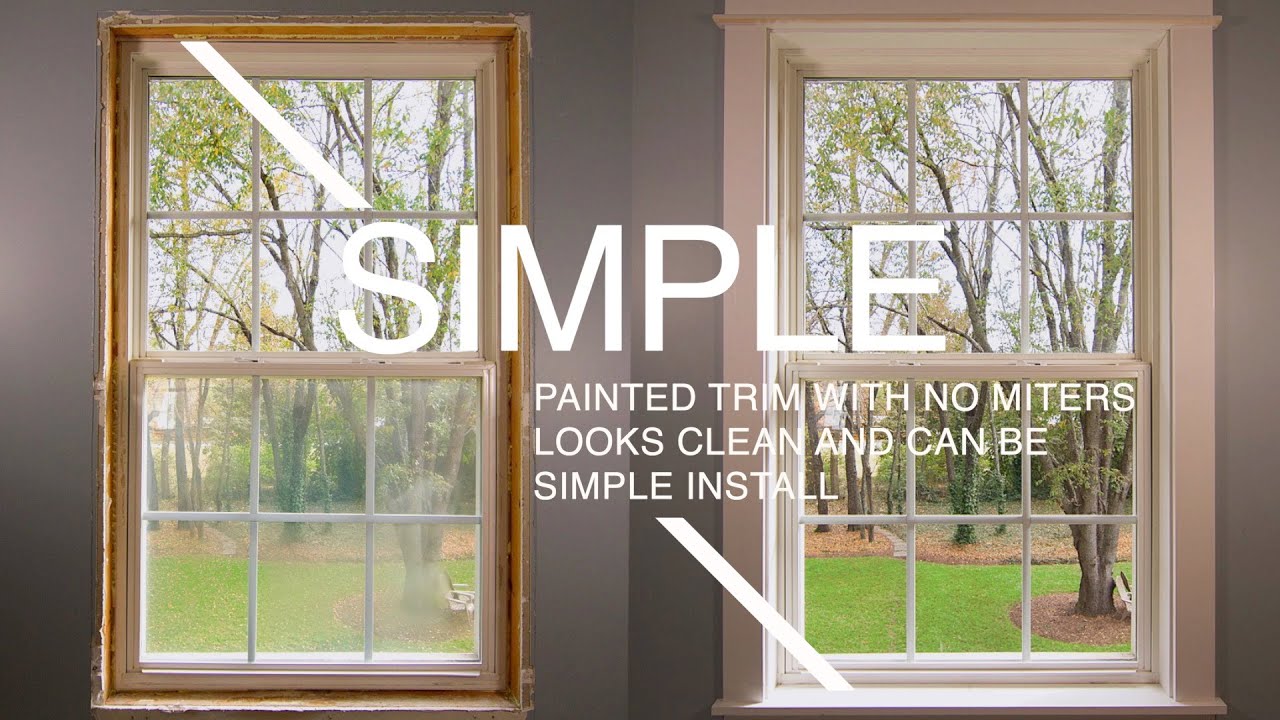There is no doubt that choosing the right bathtub is not an easy task. You have, after all, a whole plethora of designs and styles to choose from. Add to this the fact that you also have a varied list of materials available today as well. And when it comes to materials, the right choice makes a big difference.
Bathtub materials: your choices
As mentioned, there is a wide range of materials when it comes to bathtubs, ranging from traditional cast iron to more modern acrylic and fibreglass. So the question now is, which one is best for your needs and your lifestyle? You have to learn more about each material so you can ultimately make the right decision.
Enamel on steel baths
One type of material that is more common today is referred to as enamel on steel, also known as porcelain on steel. This type of material has a similar appearance to cast iron, with the exception that it is much lighter. Enamel on steel is quite easy to clean and its light weight makes it easy to mould into an existing bathroom design. However, enamel on steel baths may rust after some time, especially if the surface becomes scratched or chipped, so special care is needed to maintain it.
Cast iron baths
We all know that cast iron is a material which has been used for ages, and this isn’t surprising due to its strength and durability. A cast iron bath will often be coated with enamel porcelain. If you are thinking of a cast iron bath, it can be installed in an alcove or it can also come as a free standing bath. A cast iron bath can last for decades, although any chips or scratches can expose the cast iron material underneath, which can also rust. Additionally, cast iron baths are pretty heavy so they need the right structural support.
Fibreglass baths
Fibreglass baths, also called FRP, or fibreglass reinforced plastic, are usually coated in a kind of ‘gel.’ Fibreglass, as a material, is easy to mould, and this is why a lot of air baths or tubs and whirlpools make use of fibreglass today. Fibreglass is, in fact, similar to acrylic, but it can be said that it is not the same when it comes to durability. Fibreglass baths can be scratched or cracked easily, so you have to be mindful of this as well.
Acrylic baths
Another material which is popular for baths is acrylic. Its benefits include a nice gloss and shine and a light weight. Acrylic, however, can be quite easily scratched, so care should be taken in its maintenance.
Marble baths
Marble has also been used for centuries, and cultured marble is a type of engineered stone material that is used nowadays for baths. Cultured marble is simply a mixture of crushed pieces of marble and resins, resulting in a product which is solid and strong. Cultured marble baths are typically coated with a clear coat of ‘gel’ which allows it to become more durable and resistant to stains. Cultured marble, however, can become brittle, and can become cracked if a tap or spout is tightened too forcefully. If the cultured marble bath becomes cracked, this can no longer be repaired.
Carronite baths
Carronite is one distinctive material which has gained a good number of followers over the years. A Carronite bath undergoes a unique process of manufacturing (namely a reinforcement system composed of three layers) which makes it stronger and more durable than other materials. Additionally, Carron baths have the ability to retain more heat than other materials – 30 minutes longer than an acrylic bath, in fact. A typical Carron shower bath and all other types of Carronite baths always come with a 30-year warranty from the manufacturer.
Image attributed to radnatt/FreeDigitalPhotos.net





